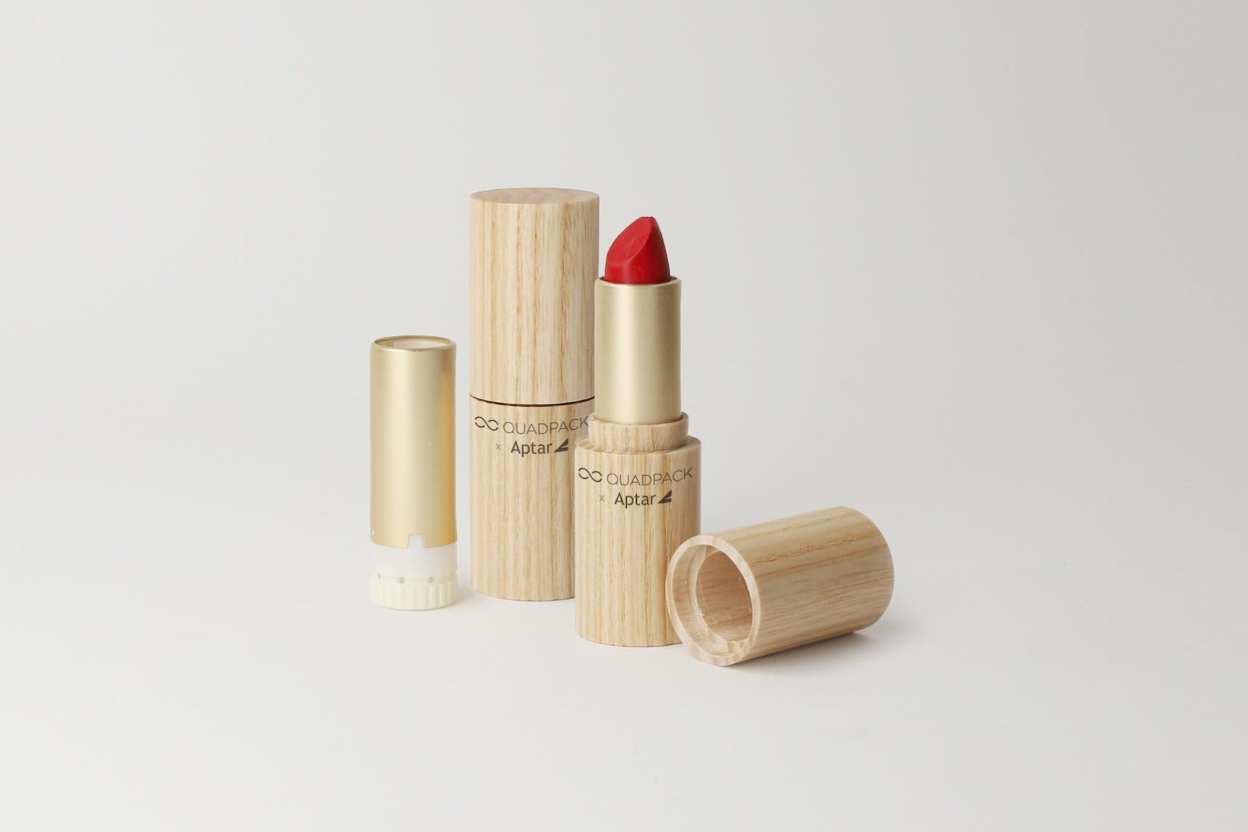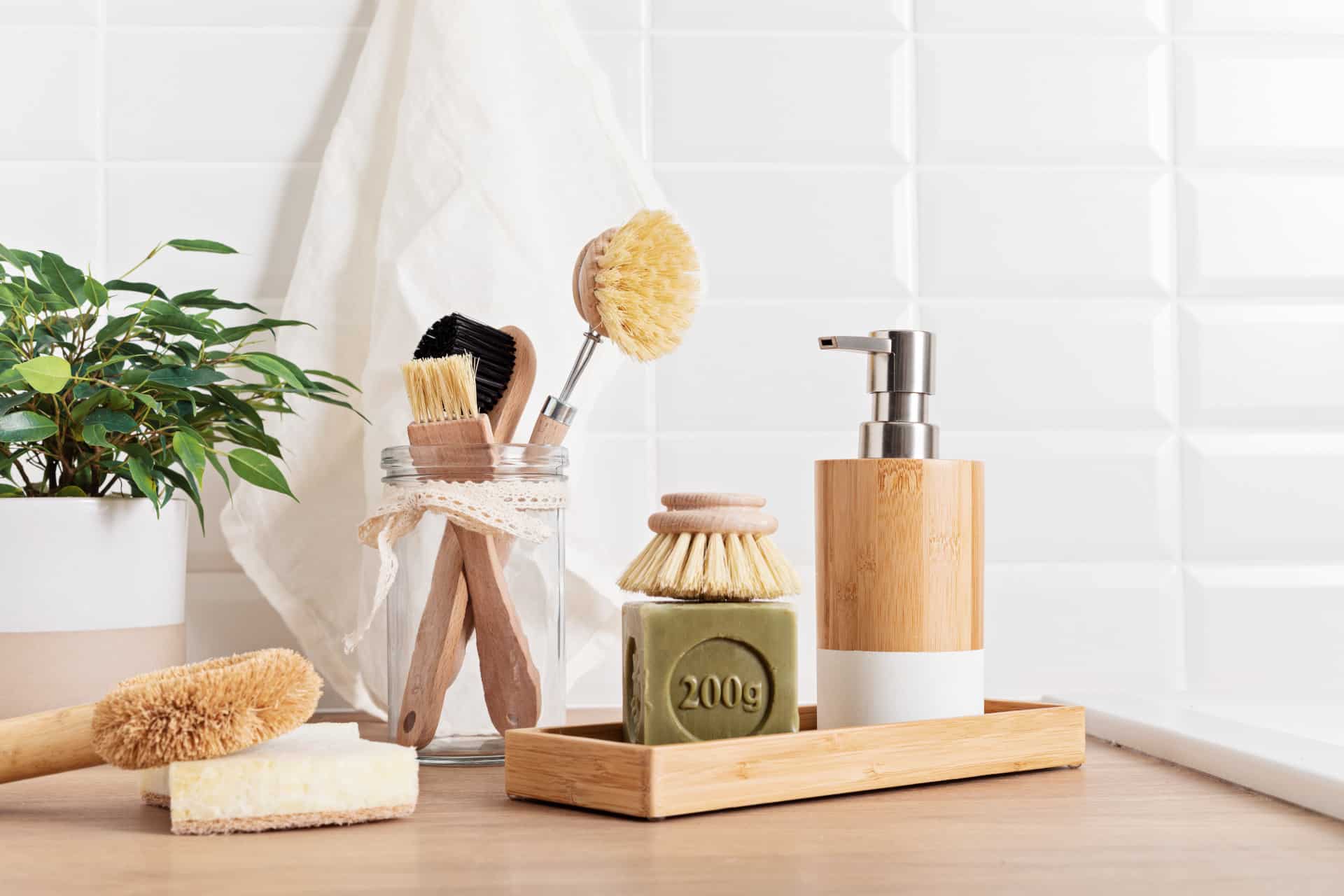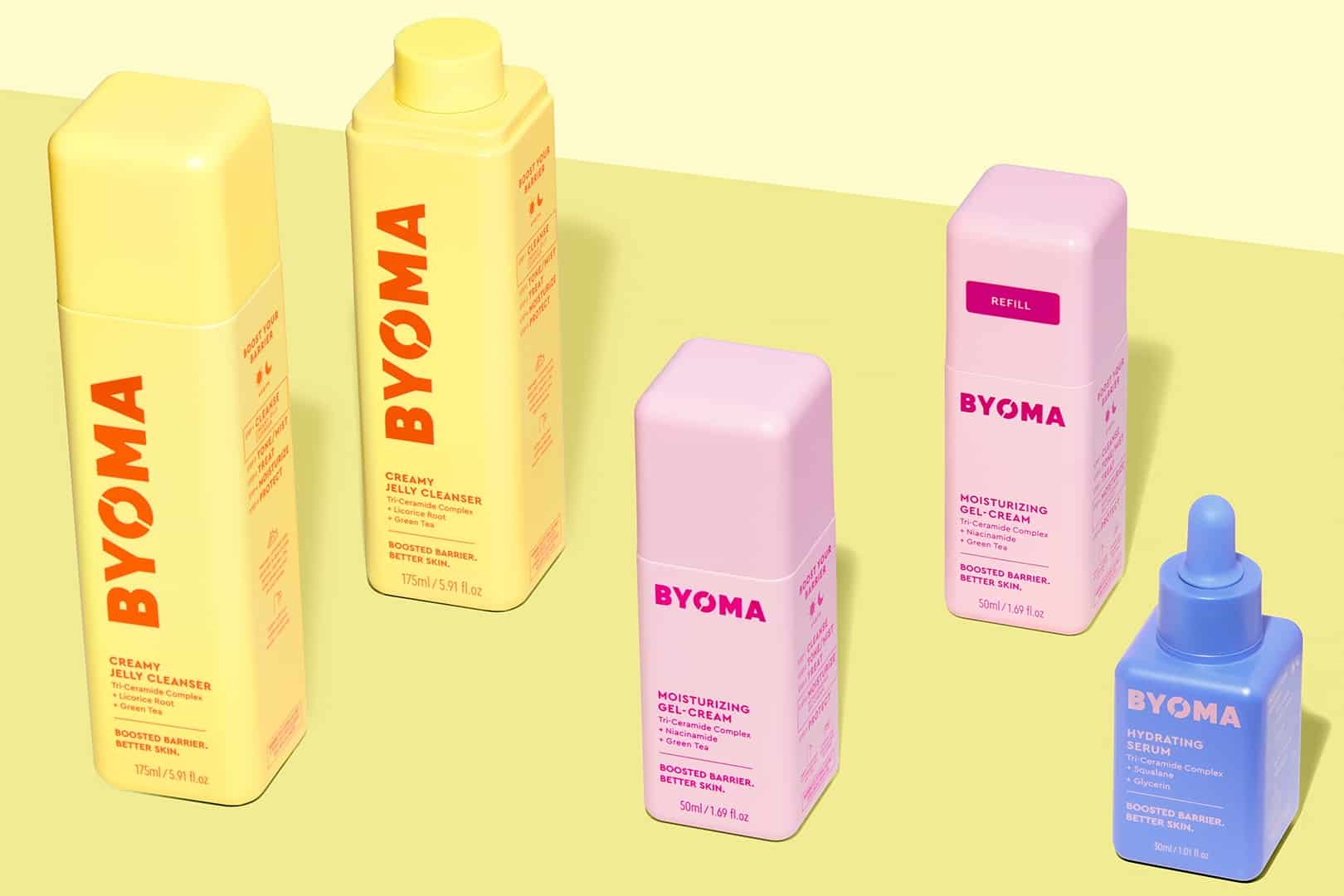Getting Plastic Out Of Beauty: This New Lipstick Design Is Wooden and Refillable

The cosmetics industry has a waste problem. Every year, it produces more than 120 billion units of packaging, and most of that is not recyclable.
For the most part, products like mascara, eyeshadow palettes, and lipsticks are covered in plastic. But companies are working on sustainable solutions, like wooden, refillable packaging.
Together Quadpack, an international beauty manufacturer, and Aptar Beauty + Home, which focuses on packaging design and dispensing solutions, have created the Iconic Woodacity lipstick.
According to Quadpack, the refillable design “pushes the boundaries of sustainability and sensory appeal in makeup packaging.”
Just like its plastic-covered counterparts, the lipstick offers a “smooth, constant, and precise” rotation.
Quadpack sources the wood from sustainably-managed forests. Then, it transforms it into the product’s casing.
Aptar manufactures the design in its France-based factory, which is powered by renewable energy. More than 90 percent of the production waste from the process is either reused or recycled.
‘A refillable makeup solution that really makes a difference’
“Our partnership has led to an innovative and premium refillable lipstick,” said Sergi Berthet, Aptar’s Vice-President, General Manager Beauty EMEA. “[It] illustrates our common goal of a sustainable future for packaging.”
When consumers want to refill the lipstick, they simply pull out the finished product and snap in their new choice.
“This has been a project firmly based on shared value. Aptar is a respected partner with whom we have a strong history of collaboration,” said Jeremy Garrard, Quadpack’s Director of Market Development.
“Now, we are leveraging each other’s complementary technologies, market positioning, and customer base, to create a refillable makeup solution that really makes a difference.”
More consumers are tuning into beauty’s waste problem. Sustainable packaging solutions, like refillable and reusable products, are becoming more popular.
In fact, one report by global eCommerce solution company Scalefast found that 61 percent of US consumers think a brand’s sustainability efforts are important.
More than 20 percent said that if they knew for certain that a product was sustainable, they would pay more for it.




